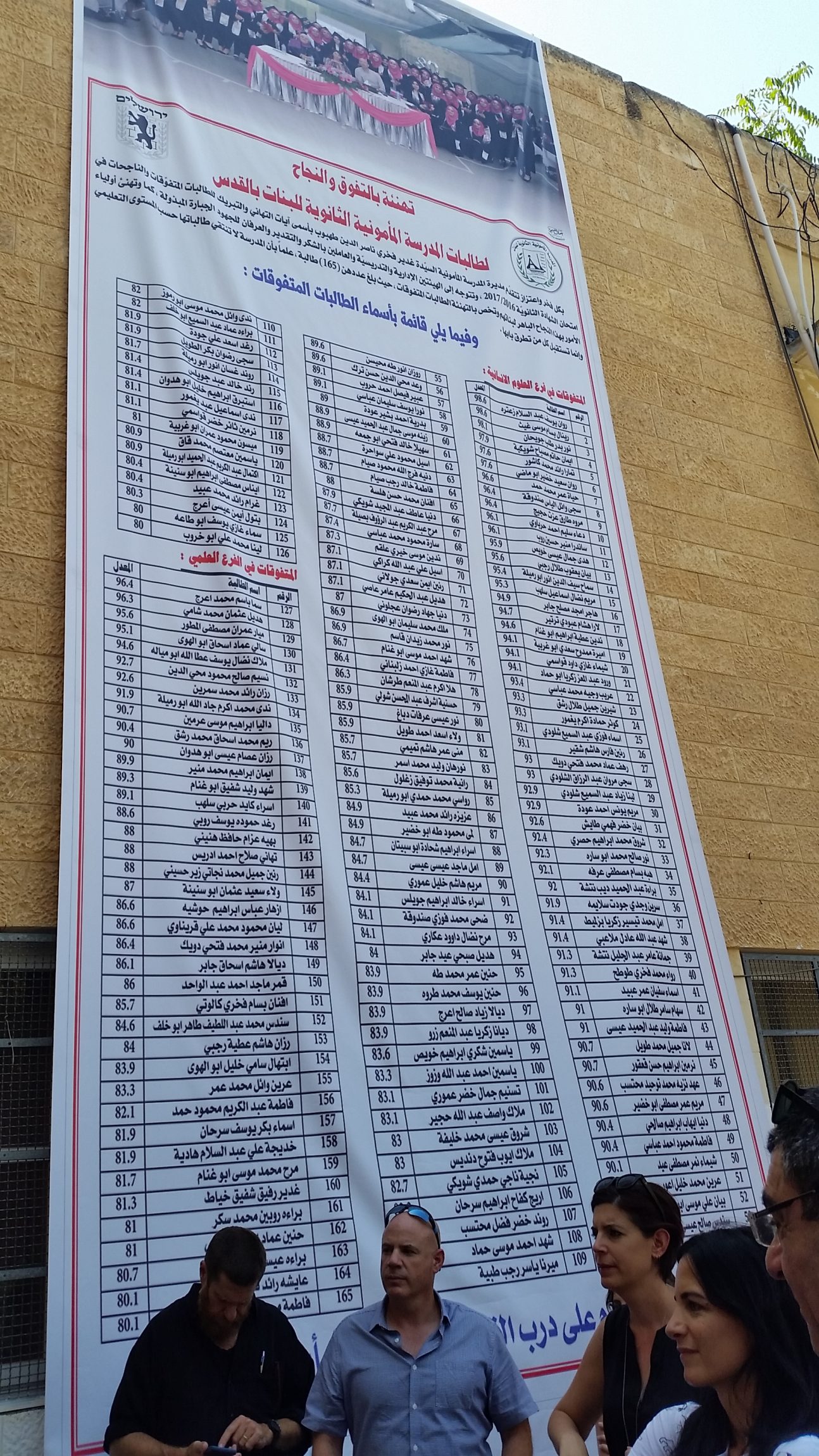The Need: By the mid 2010s, Israel’s public service digitalization levels was one of the lowest in the OECD. New government digitalization policy introduced to promote economic growth, increase social well-being, and narrow social gaps was promising, yet for Israel’s public sector to fully embrace digitalization the digital revolution had to come from within.
The Answer: Joint Elka launched the Digital Leaders program to prompt the mindset change and develop the abilities that are essential for system change. The program imbues public sector leaders with the knowledge and capabilities to innovate digital projects. Most importantly it engrains them with service thinking to optimize social services, reduce bureaucracy, increase accessibility, and improve economic efficiency. Thus involves considering users and their environment as much as, if not more than, technical specifications. The immediate result was a slew of digital projects which improved Israelis everyday lives but the program’s long-term result – increased openness to digitalization in a change-resistant sector – has proven far more important. The full impact of this and all our digitalization focus was felt in March 2020 – lockdown due to the COVID-19 pandemic, when overnight, digitalization transitioned from advantageous to essential. Joint Elka’s ability to tap into a network of change agents and partners meant it could help the public sector make the transition in record speed.
Joint Elka Tackling Systemic Change: Joint Elka’s prioritization of this Program and Digitalization demonstrates the power of having a systems focus. It demonstrates the effectiveness of the first step in Joint Elka’s MAP approach of instigating system change – changing mindsets and abilities.




